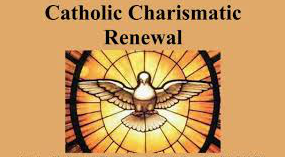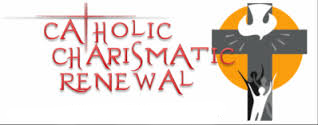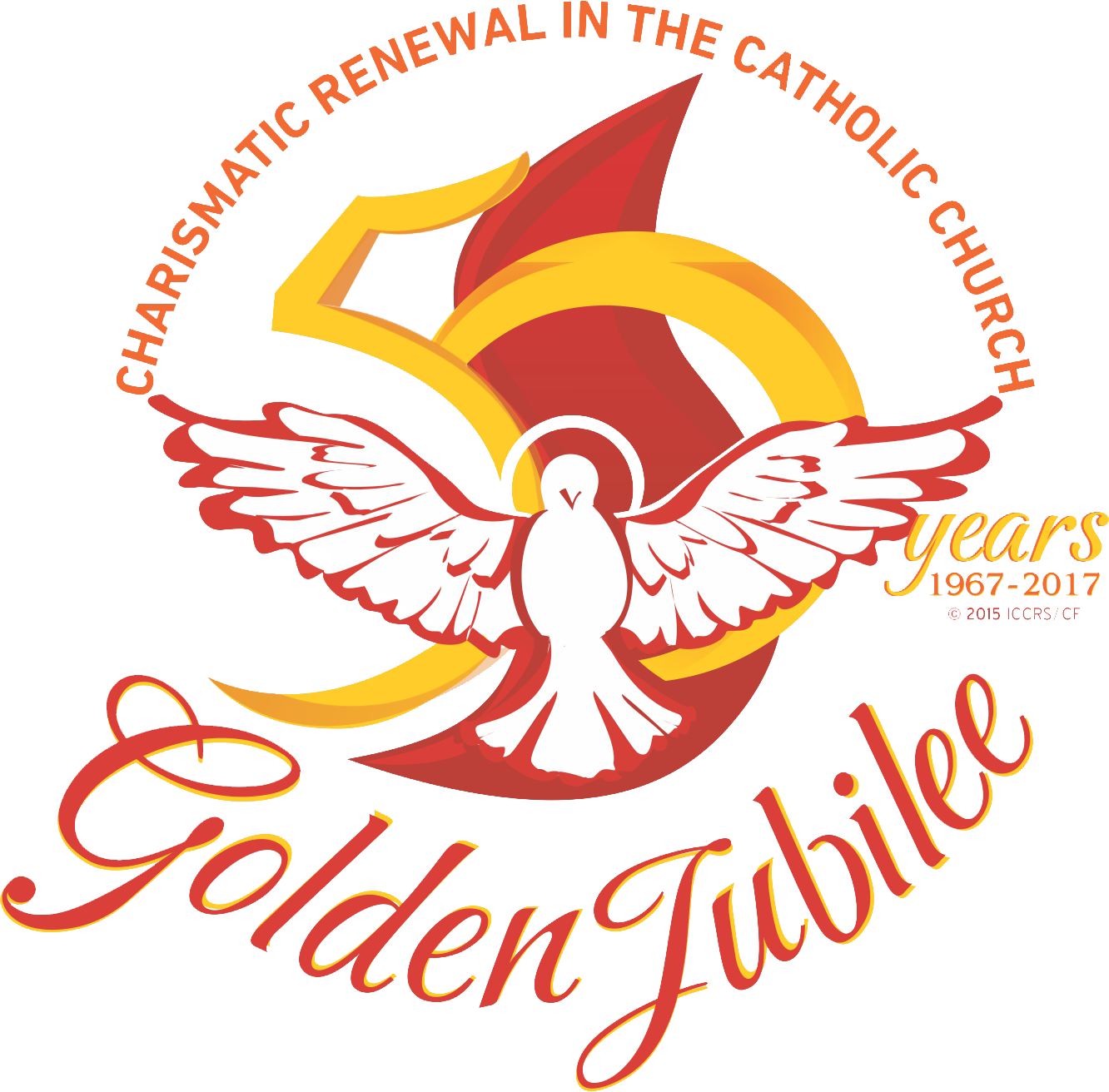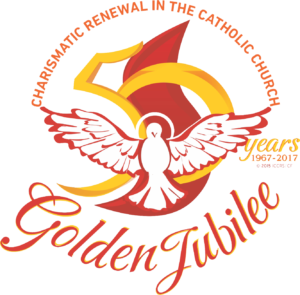 The Charismatic Renewal as a movement within the Catholic Church has been acknowledged by two Popes, Paul VI and John Paul II. Speaking to the International Conference on the Catholic Charismatic Renewal on May 19, 1975, Pope Paul VI encouraged the attendees in their renewal efforts and especially to remain anchored in the Church.
The Charismatic Renewal as a movement within the Catholic Church has been acknowledged by two Popes, Paul VI and John Paul II. Speaking to the International Conference on the Catholic Charismatic Renewal on May 19, 1975, Pope Paul VI encouraged the attendees in their renewal efforts and especially to remain anchored in the Church.
This authentic desire to situate yourselves in the Church is the authentic sign of the action of the Holy Spirit … How could this ‘spiritual renewal’ not be a chance for the Church and the world? And how, in this case could one not take all the means to ensure that it remains so…
Pope John Paul II, for his part, has been more explicit. Speaking to a group of international leaders of the Renewal on December 11, 1979, he said,
I am convinced that this movement is a very important component of the entire renewal of the Church.
Noting that since age 11 he had said a daily prayer to the Holy Spirit he added,
This was my own spiritual initiation, so I can understand all these charisms. They are all part of the richness of the Lord. I am convinced that this movement is a sign of his action.
For his part, Cardinal Joseph Ratzinger, Prefect for the Congregation for the Doctrine of the Faith, has added his voice to the Pope’s in acknowledging the good occurring in the Charismatic Renewal and providing some cautions. In a forward to a book by Cardinal Suenens, at that time the Pope’s delegate to the Charismatic Renewal, the Prefect comments on the Post-Conciliar period stating,
At the heart of a world imbued with a rationalistic skepticism, a new experience of the Holy Spirit suddenly burst forth. And, since then, that experience has assumed a breadth of a worldwide Renewal movement. What the New Testament tells us about the charisms – which were seen as visible signs of the coming of the Spirit – is not just ancient history, over and done with, for it is once again becoming extremely topical.
Speaking of the book’s subject, renewal and the powers of darkness, he says,
What is the relation between personal experience and the common faith of the Church? Both factors are important: a dogmatic faith unsupported by personal experience remains empty; mere personal experience unrelated to the faith of the Church remains blind.
Finally, he urges those who read the book to pay special attention to the author’s double plea,
… to those responsible for the ecclesiastical ministry – from parish priests to bishops – not to let the Renewal pass them by but to welcome it fully; and on the other (hand) … to the members of the Renewal to cherish and maintain their link with the whole Church and with the charisms of their pastors. [Renewal and the Powers of Darkness, Leo Cardinal Suenens (Ann Arbor: Servant Books, 1983)]
Charismatic Graces
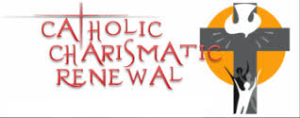 The Second Vatican Council affirmed the legitimacy of charisms, both ordinary and extraordinary. A charism is simply “a grace freely given by God to build up the Church,” as opposed to the graces given to sanctify the individual. St. Paul gives a list of charisms in 1 Cor. 12. They include ordinary charisms like teaching and administration and extraordinary ones like healing, miracles, and tongues. These things by themselves don’t make the person holier, rather they enable him or her to serve others. Finally, the authenticity of charisms must be discerned, since charisms are not necessarily from the spirit of God (1 John 4). The Council taught,
The Second Vatican Council affirmed the legitimacy of charisms, both ordinary and extraordinary. A charism is simply “a grace freely given by God to build up the Church,” as opposed to the graces given to sanctify the individual. St. Paul gives a list of charisms in 1 Cor. 12. They include ordinary charisms like teaching and administration and extraordinary ones like healing, miracles, and tongues. These things by themselves don’t make the person holier, rather they enable him or her to serve others. Finally, the authenticity of charisms must be discerned, since charisms are not necessarily from the spirit of God (1 John 4). The Council taught,
Whether these charisms be very remarkable or more simple and widely diffused, they are to be received with thanksgiving and consolation since they are fitting and useful for the needs of the Church. Extraordinary gifts are not to be rashly desired nor is it from them that the fruits of apostolic labors are to be presumptuously expected. Those who have charge over the Church should judge the genuineness and proper use of these gifts, through their office, not indeed to extinguish the Spirit but to test all things and hold fast to what is good (cf. 1 Thes. 5:12, 19- 21). [Lumen Gentium 12]
The Church clearly wishes to follow a middle course, between a rationalistic skepticism and a blind credulity in alleged workings of the Holy Spirit. In the past the Church had condemned what it called Pentecostalism, understood as the total dependence, even theologically, on the presence and manifestation of charisms. Such a dependence is blind, for it fails to allow itself to be guided by the full content of the faith and the judgement of the Church’s teaching authority. It is total when such “gifts” displace the means of grace in the life of the Christian, such as the sacraments. On the other hand, the Church cannot condemn charisms, since they are part of the patrimony of our apostolic faith. What we have seen in our time is the appearance of the Charismatic Renewal, an apparent outpouring of the extraordinary charisms. This doesn’t mean that one has to be a charismatic, that charismatics are better Catholics, or that every alleged charism is authentic. Yet, as the Council noted, the Church must respect the workings of God, discerning the authentic from the inauthentic.
An authentic charism would not pull one away from the Church. If a Catholic leaves, seeking an emotional boost he no longer finds in the Church, he is seeking the gifts of the Giver and not the Giver of the gifts. Participation in the life of the Church should lead any Catholic (Charismatic, traditional, or ordinary) into a deeper relationship with the Eucharist, the Blessed Mother and the Pope. If it does not, something is spiritually wrong with that particular individual or with the guidance he is receiving within his group. Since a charism does not give the person any special infallibility or sanctity, given the extraordinary character of such gifts it is especially necessary for individuals possessing them to guard the purity of their faith, lest pride, self-seeking or emotionalism lead them astray, and they others. The reality that some have left the Church for Pentecostalism, or sought to create it within, points to the dangers. By contrast, the presence in the Church of a dynamic and faithful institution like the Franciscan University of Steubenville is evidence of the great good that can be done by those graced with authentic charismatic gifts exercised in union with the Church.
All such authentic charisms, therefore, are at the service of the Body of Christ, the Church (1 Cor 12, 14). As gifts of the Holy Spirit, they are supernatural graces beyond the power of human striving and human nature (e.g. miracle working), though some may build upon the natural talents of the recipient (e.g. teaching). St. Paul contrasts these charismata with “the greater gifts” of Faith, Hope and Charity (1 Cor. 13), which he says have lasting value. These “theological virtues” unite the person’s mind and will to God. As a consequence, the Church teaches that Faith, Hope and Charity are necessary for salvation but the charismata are not. St. Paul’s experience at Corinth demonstrated rather early in the Church how susceptible these charisms are to exaggeration. In another context, he would even warn the Corinthians that the devil can appear as an angel of light (1 Cor 11:14). Similarly, both St. Peter and St. John (1 Pet 5:8-9; 1 John 4:1) warn us of this danger.
St. Thomas Aquinas in his Summa Theologiae [ST II-II q172 a2] tells us that unless a charism requires the exercise of divine power the Holy Spirit accomplishes it through the mediation of the holy angels. When they are within the power of the angelic nature, they are also capable of demonic imitation. It is difficult to explain the “charismatic power of speech” of a Hitler, for instance, on purely natural grounds. It is for these reasons that most spiritual writers, especially the mystical doctor St. John of the Cross, warn us not to seek such extraordinary phenomenon. As noted earlier, Vatican II made this warning part of its teaching on the charismatic gifts.
Thus the Church on the one hand recognizes that the Holy Spirit moves where He will, and so she does not want to oppose His working, and on the other, that the Church must discern the authenticity of each charism, lest it be a deception of the evil one. For this reason to say that the Charismatic Renewal is approved by the Church is not a blanket approval of every alleged charismatic gift or every charismatic group or individual within the Church. The discernment of the Holy Spirit’s action is an ongoing necessity within the Church and within the Charismatic Renewal.

